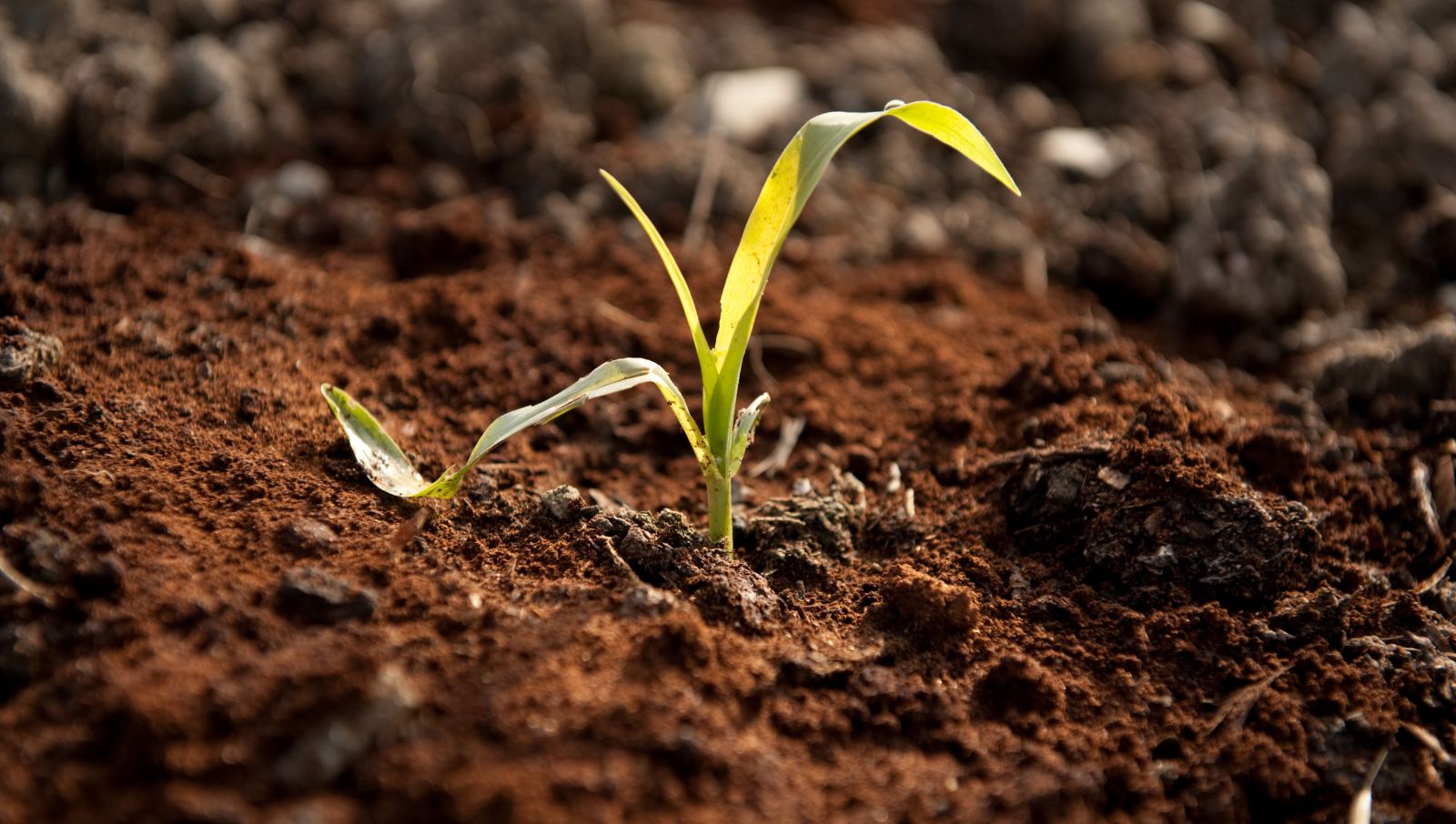Experts reveal where not to use coffee grounds in the garden
Coffee grounds can be beneficial to many plants and vegetation, however, it's important to know where they should be avoided in your yard and garden


Using coffee grounds to help boost the growth of the plants and flowers in your yard and garden is a hack many of us have tried, and most of the time, they can be a wonderful addition to compost and garden beds.
Coffee grounds are good for plants as the nitrogen found in the grounds acts as a natural fertilizer to feed the microbes and loosen tight soil. In moderation, the grounds break down nicely over time, leaving rich nutrients behind.
However, not all plants benefit from this natural fertilizer. For tiny seeds and seedlings just starting, the acidic grounds may slow their growth or stunt sprouting altogether. Certain plants like lilacs and blueberries also prefer soil with higher pH levels, too. We further explore where not to use coffee grounds in the garden so you can ensure you're keeping all of your plants and flowers happy and healthy.
Where not to use coffee grounds in the garden
Our expert list of where not to use coffee grounds in the garden will help you avoid inadvertently harming your plants.
1. Near acid-sensitive plants
Coffee grounds are acidic, and while this acidity can benefit some plants, such as gardenias, it can be detrimental to others, especially those that prefer neutral or alkaline soil. Plants like tomatoes, peppers, and most vegetables, thrive in slightly acidic to neutral soil, so it's best to avoid using coffee grounds near them.
If you looking to use coffee grounds to make your soil more acidic, for some plants, the grounds can disrupt the pH balance of the soil, leading to nutrient imbalances and stunted growth.
Plants such as roses and lilies are especially sensitive, as Diana Cox, the founder of TheGardeningTalk.com, explains, ‘It's best to keep them caffeine-free. While coffee grounds can act as a mulch layer on top of the soil, piling it too thick may prevent water and air from reaching roots below. As mulch, it's best used thinly mixed with other materials.’
Design expertise in your inbox – from inspiring decorating ideas and beautiful celebrity homes to practical gardening advice and shopping round-ups.
We’ve tried several mulches on the market and we like the Organic Cocoa Bean Shell Mulch from Amazon. This ultra-fine mulch provides many benefits, such as adding nutrients to the soil, and providing an extra layer of protection to regulate soil temperature.
2. Directly around seedlings
While coffee grounds can be beneficial for established plants, they may not be suitable for delicate seedlings. The acidity and texture of coffee grounds can be too harsh for young seedlings, potentially damaging their tender roots. Instead, it's advisable to wait until the seedlings have matured and developed a robust root system before introducing coffee grounds to the surrounding soil.
To avoid this, Tim Graham, chief horticulturist at Yard and Garden Guru, suggests using composted coffee grounds in areas designated for new plantings. This will ensure that the caffeine has broken down, and will not adversely affect seed germination and young plant growth.
3. Plants prone to fungal diseases
Be cautious with coffee grounds in areas prone to fungal diseases or poor drainage. Coffee grounds can retain moisture, creating a damp environment that may promote the growth of fungal diseases, such as powdery mildew and damping-off. It's best to avoid using coffee grounds around plants that are susceptible to such diseases, especially during periods of high humidity or excessive rainfall.
Similarly, in poorly draining soil, coffee grounds can exacerbate drainage issues, leading to root rot, so try to use well-draining soil, such as 100% Pure Organic Worm Castings Fertilizer from Amazon. It's essential to strike a balance, using coffee grounds sparingly and ensuring adequate drainage.
4. In excessive amounts
Like many organic amendments, moderation is key when using coffee grounds in the garden. While coffee grounds can add valuable nutrients like nitrogen, potassium, and phosphorus to the soil, using them in excessive amounts can have adverse effects.
According to Zahid Adnan, founder of The Plant Bible, too many grounds can create a dense layer that hinders water penetration and air circulation in the soil. A light sprinkle integrated fully should break down smoothly without disrupting the natural balance of your browns and greens.
With some trial and observation tailored to individual plants and environments, grounds can certainly be incorporated successfully. But as with any gardening endeavor, it's important to pay attention and be willing to make adjustments to find what works best.
FAQs
Do slugs like coffee grounds?
If you're researching how to get rid of slugs, coffee grounds can be an effective deterrent. Coffee grounds are harmful to slugs and snails due to their caffeine content, when a slug ingests caffeine, it can kill them. Coffee grounds can be sprinkled around your plants to act as a protective barrier.
While coffee grounds can enrich your soil and help to deter pests, it's wise to be mindful of where you apply them, avoiding potential harm to certain plants and ensuring you're keeping a healthy garden ecosystem.
We also explore in our dedicated features, do coffee grounds keep bugs away and do gardenias like coffee grounds.

Seraphina is a contributing editor at Homes & Gardens, writing Solved features on organizing and storage. She loves to decorate and also grow her own produce from her home in London. Her previous experience includes working at Women's Health and Fabulous Magazine.